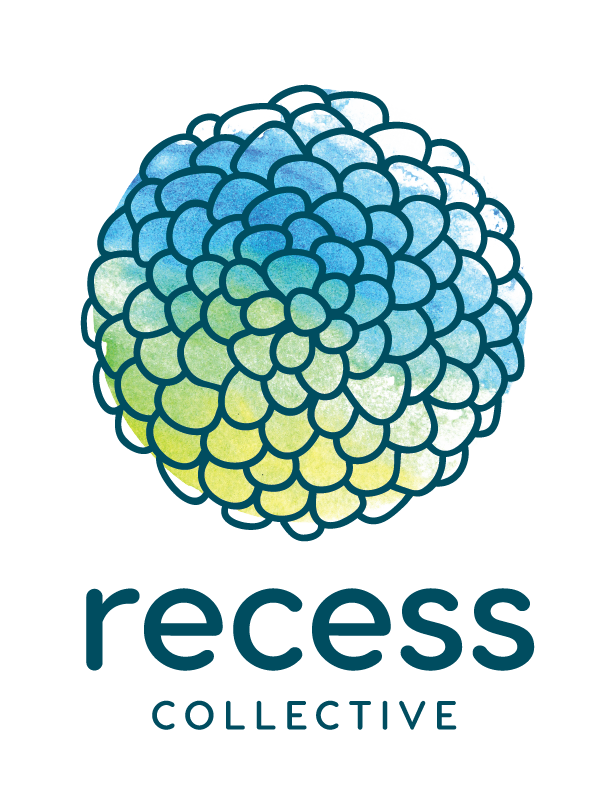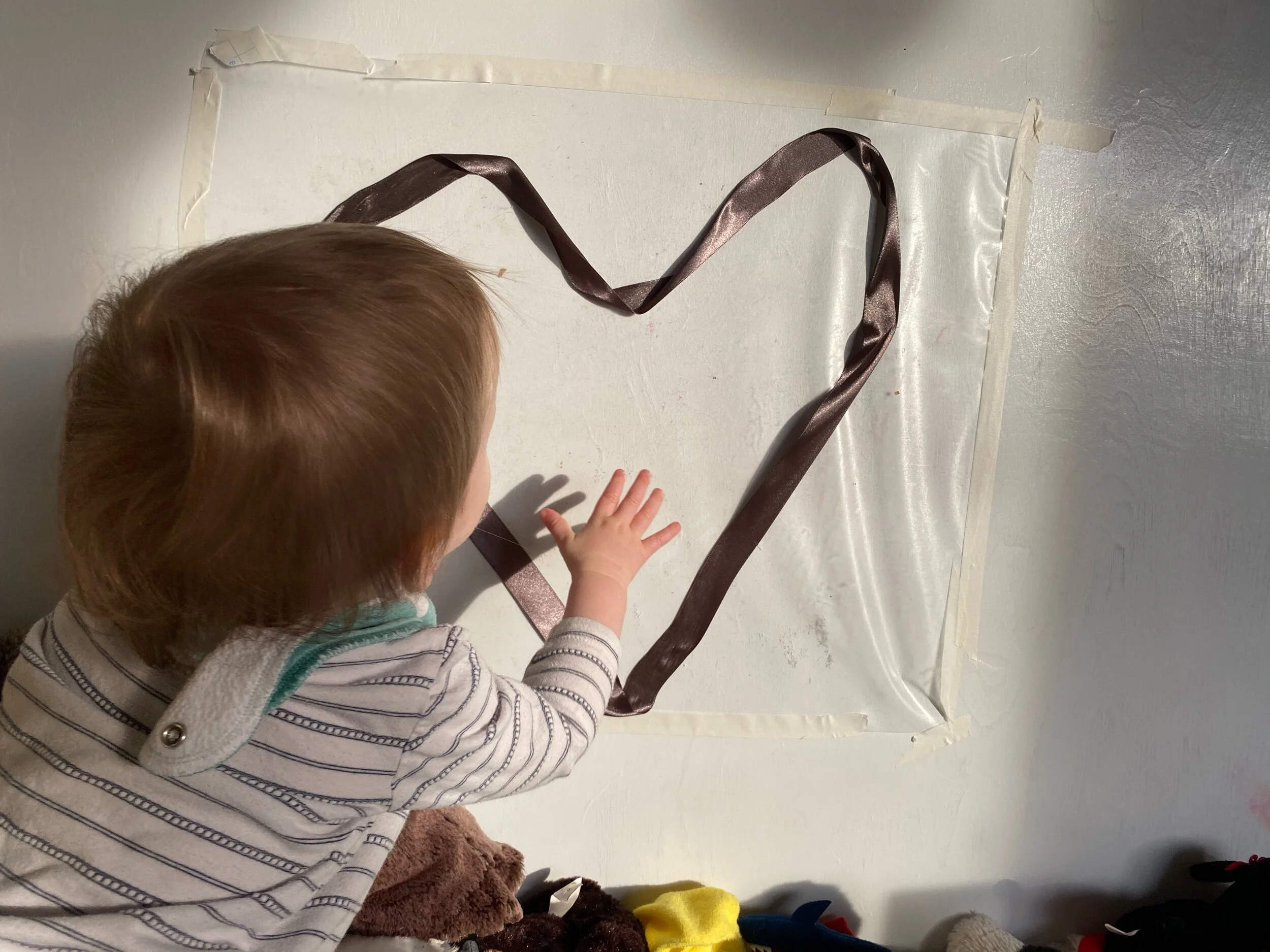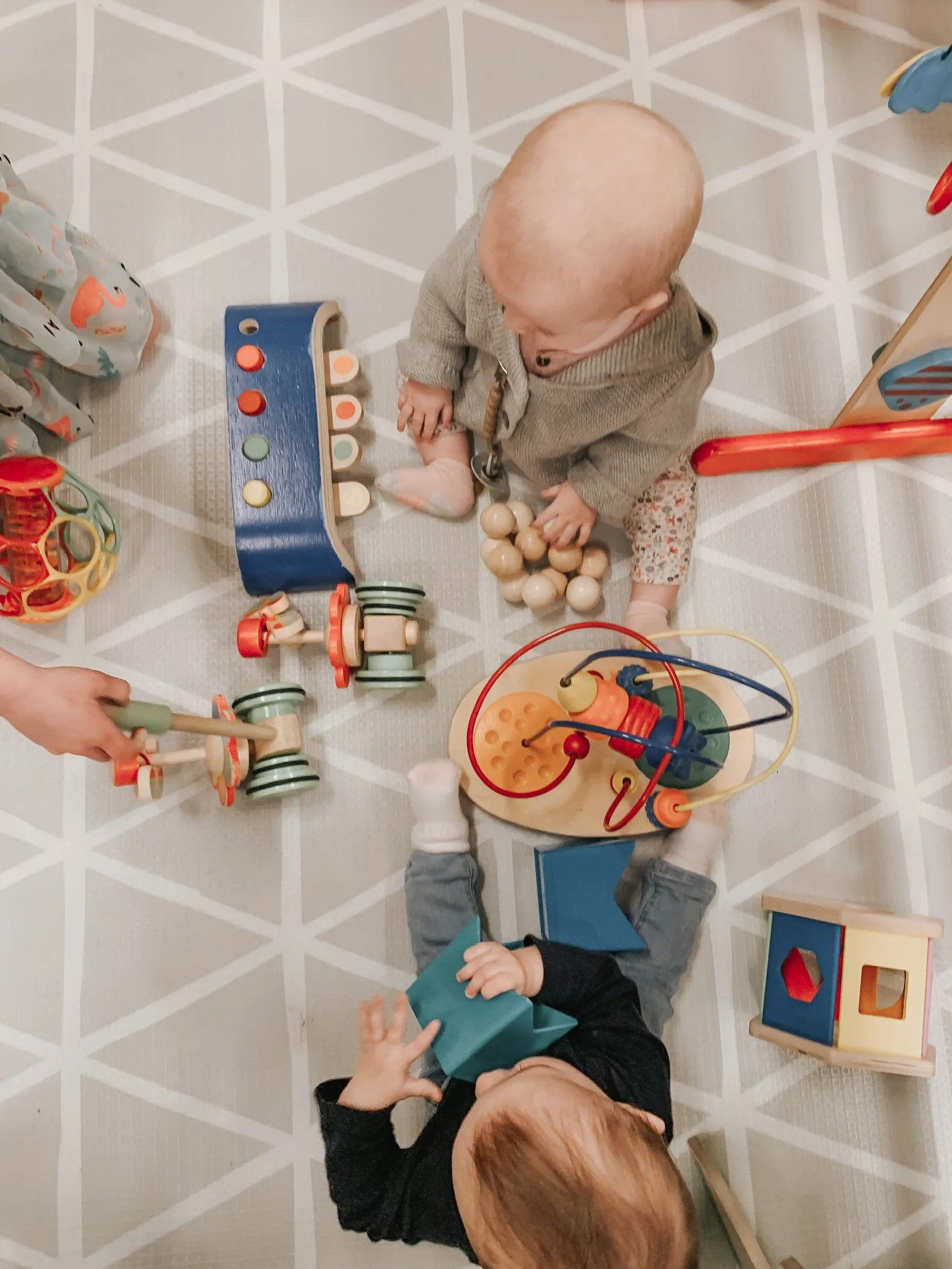Parenting can feel overwhelming at times. You want what is best for your child, but through the exhaustion, overwhelm, and social pressure, how do you ensure they are going to develop properly, and have all they need to grow during this busy time of development? The answer is incredibly reassuring. The MOST IMPORTANT thing your child needs to grow a healthy brain is you, and your ability to connect with your new babe.
Building that Relationship
You’ve likely heard that in the first few years of life, babies and children are building neural connections at an astounding rate. In fact, more than 1 million new neural connections are formed every second!
Early experiences affect the quality of that brain architecture by establishing either a sturdy or a fragile foundation for all of the learning, health and behavior that follow.
But what influences this growth?
And how are those neural connections created and strengthened?
Your baby's brain develops through use — by your baby interacting, observing and doing things. By interacting with attentive caregivers.
It’s through interactions and experiences with loved and trusted adults that babies begin to make sense of the world. Scientists call this back and forth, between parents and children, “Serve and Return.”
Here is how you can participate in this crucial aspect of your child’s development
Learn how you can support your baby’s thinking skills from 0-12 months. Below, find a couple resources that give step-by-step instructions on how to respond to a child’s serves in a way that builds their brain.
This step-by-step guide shows how serve and return interactions unfold, and gives practical advice on how to recognize a child’s serves and respond. (It’s easy!)
Watch serve and return in action! For those who prefer to view instead of read, this video walks you through the five steps of serve and return with examples of real children and their caregivers.







